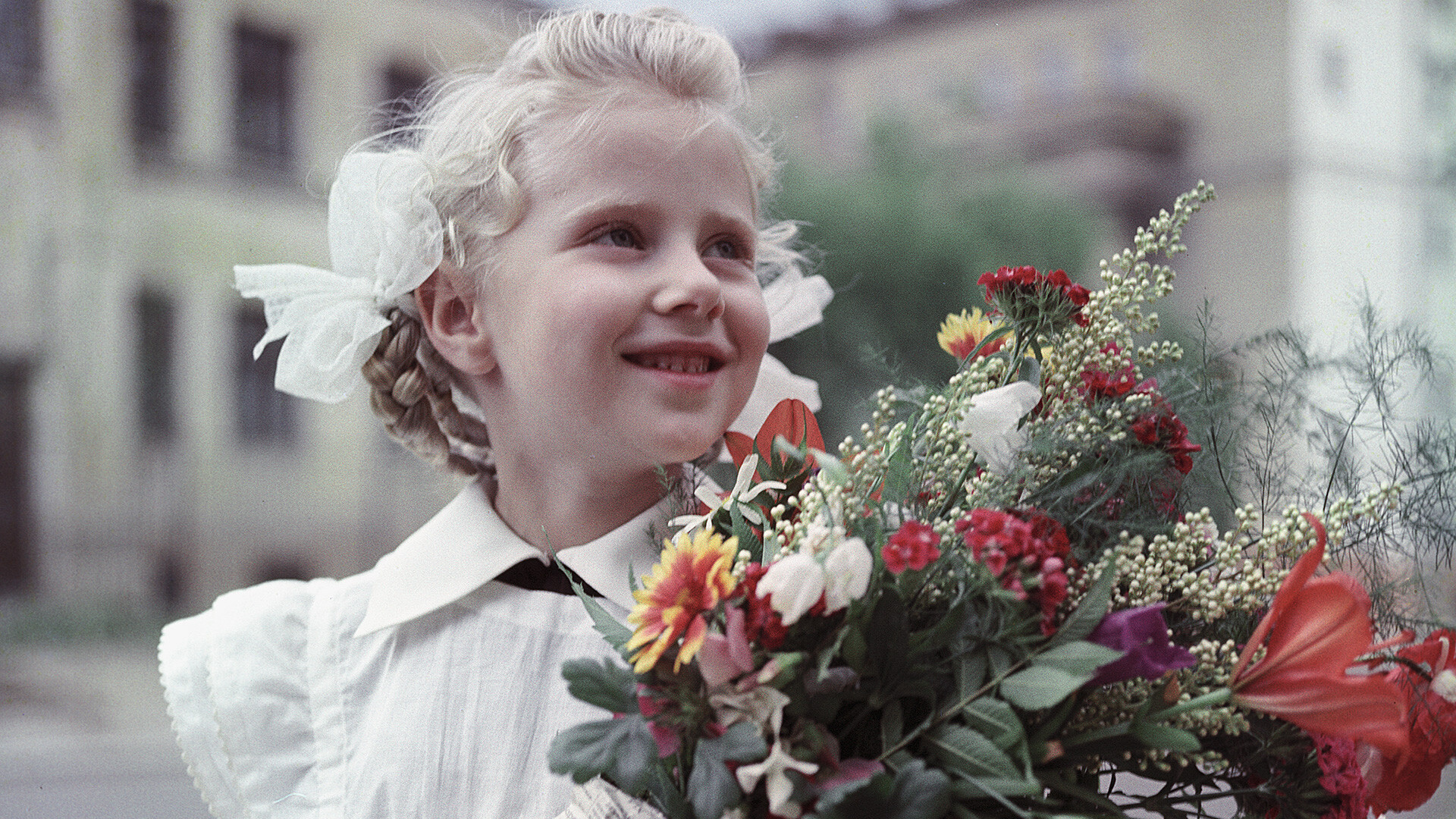
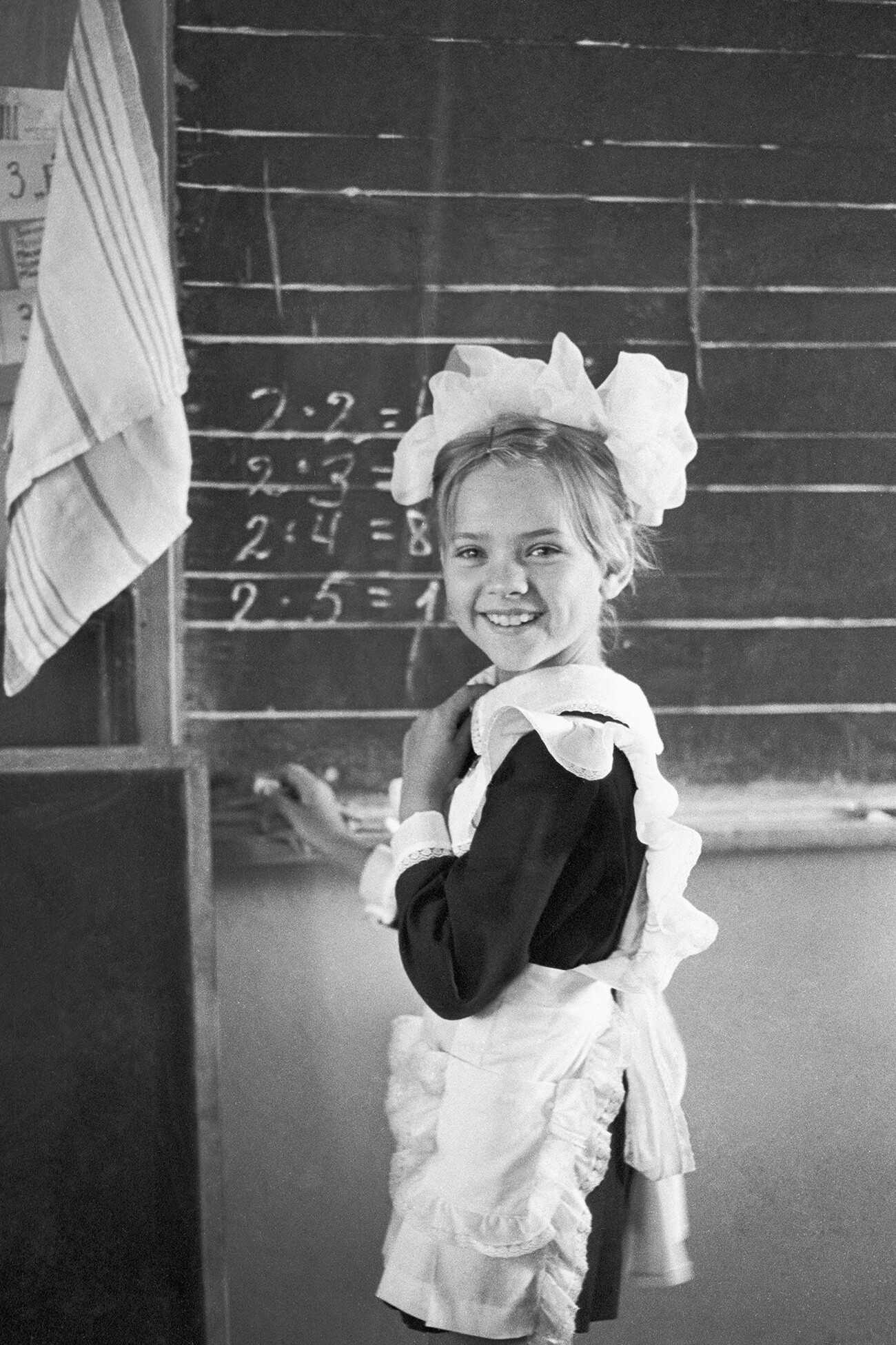
A first-grader from the Rostov Region.
TASSAll Soviet schoolchildren were obliged to wear the same uniform - according to the idea of the educational system, no one should stand out, so as not to upset others.
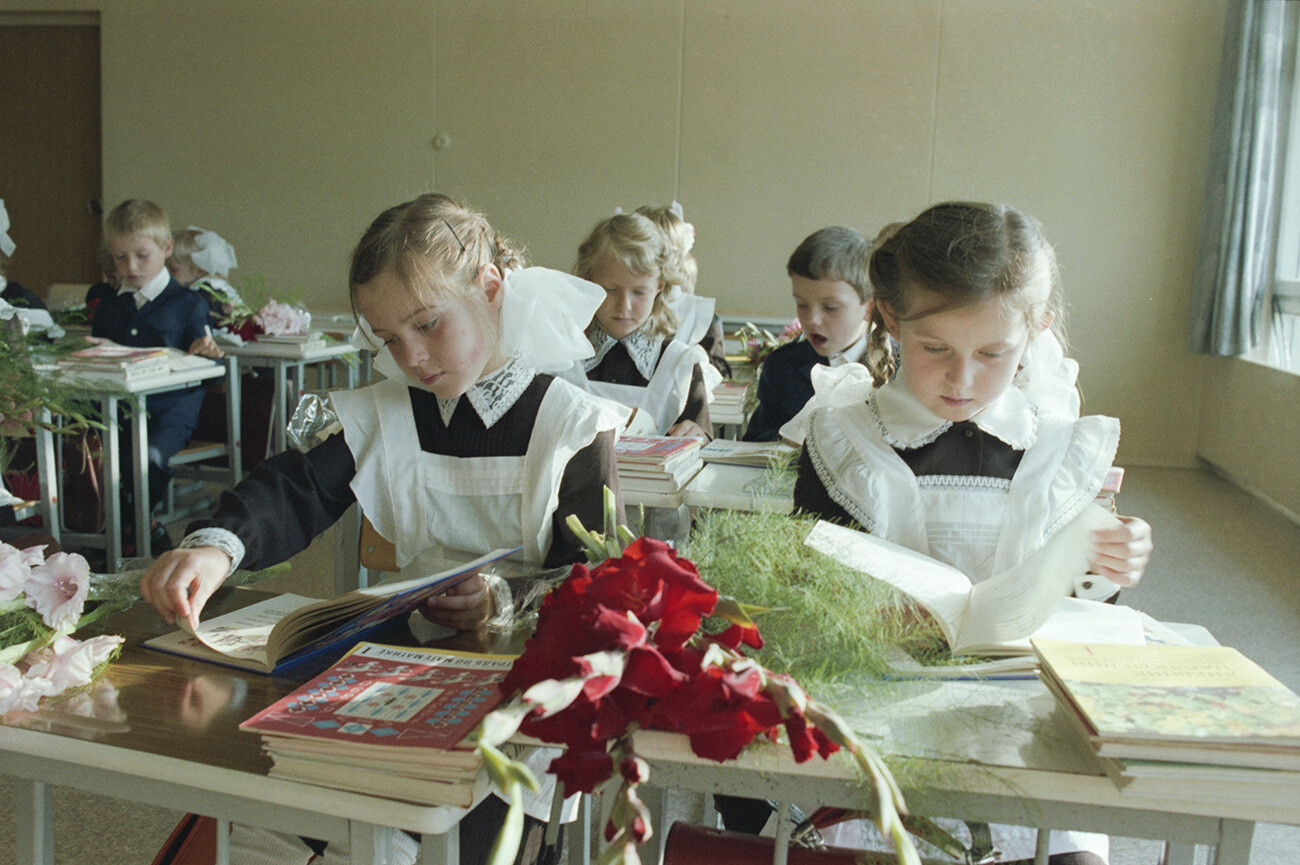
Moscow. September 1, 1986. First-graders during a lesson.
Boris Kavashkin, Valery Khristoforov/TASSBoys wore blue and gray suits, girls wore brown dresses with black or white aprons.
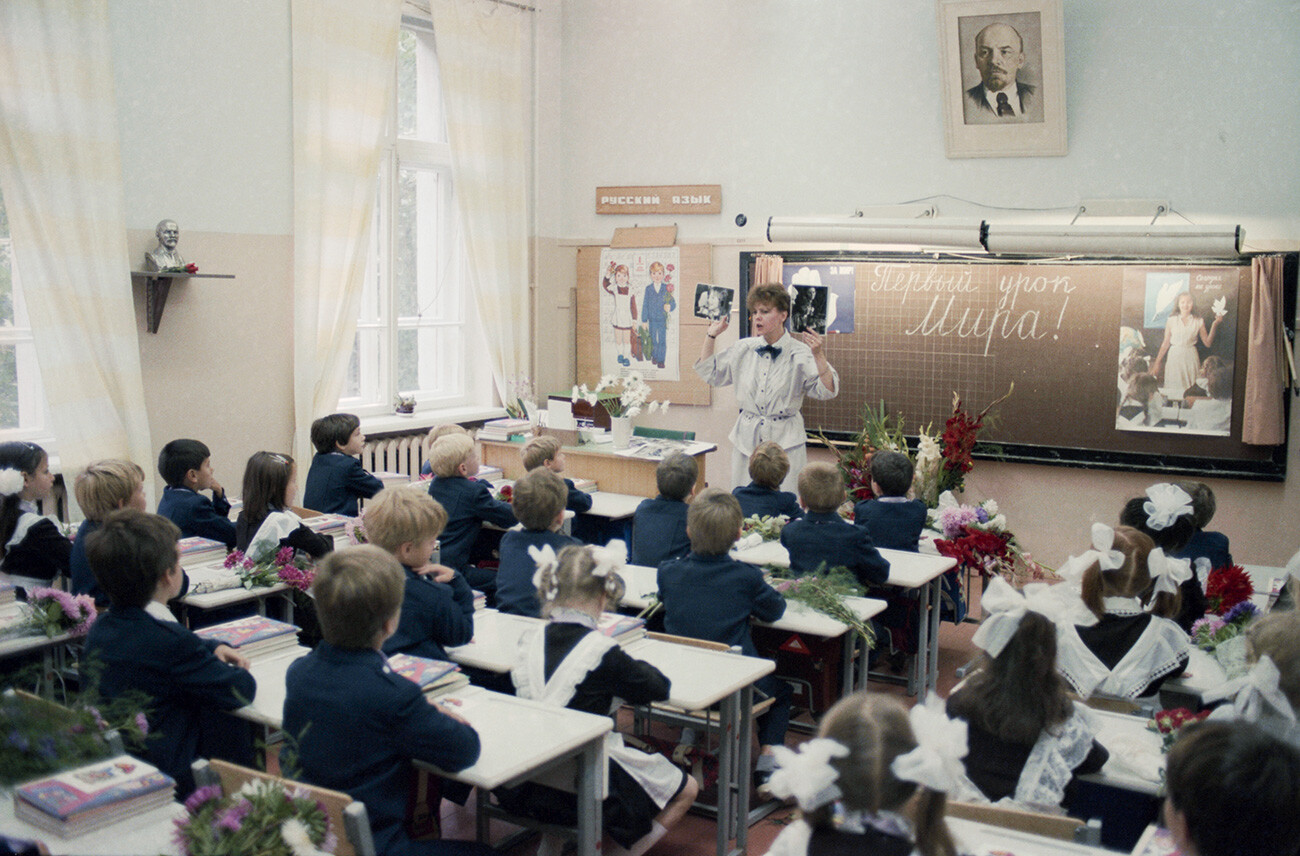
Moscow. September 1, 1986.
Alexander Chumichev/TASSNo jewelry or accessories were allowed, except for bows in hairstyles. It was not allowed to walk with loose hair.
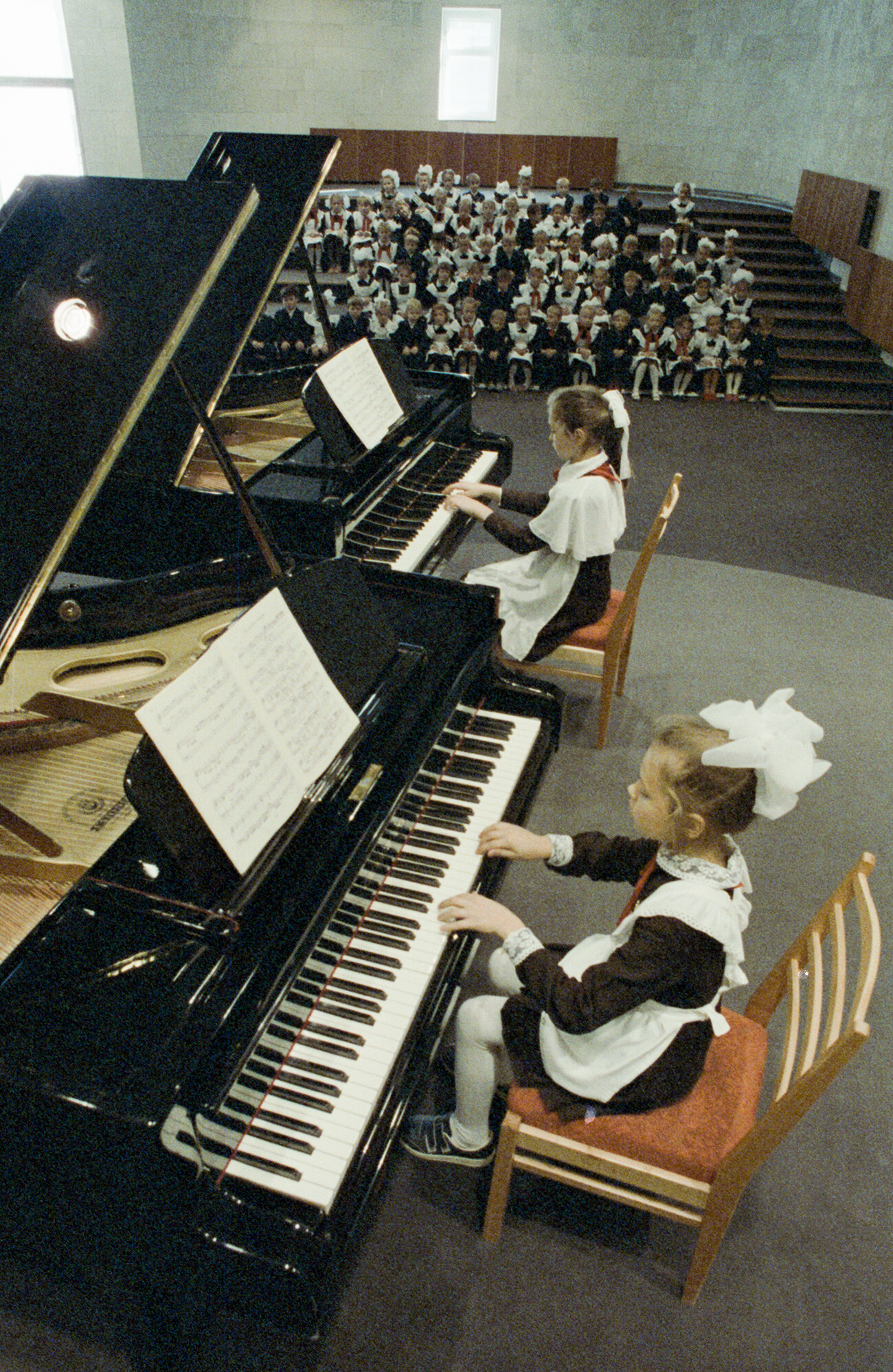
Gorky (Nizhny Novgorod now). September 30, 1988 Concert for the youngest students in the chamber hall of the school.
Vladimir Voytenko/TASSHigh school girls often cut their hair shorter or made “adult” hairstyles, but younger girls almost all wore braids, fastened with bows.
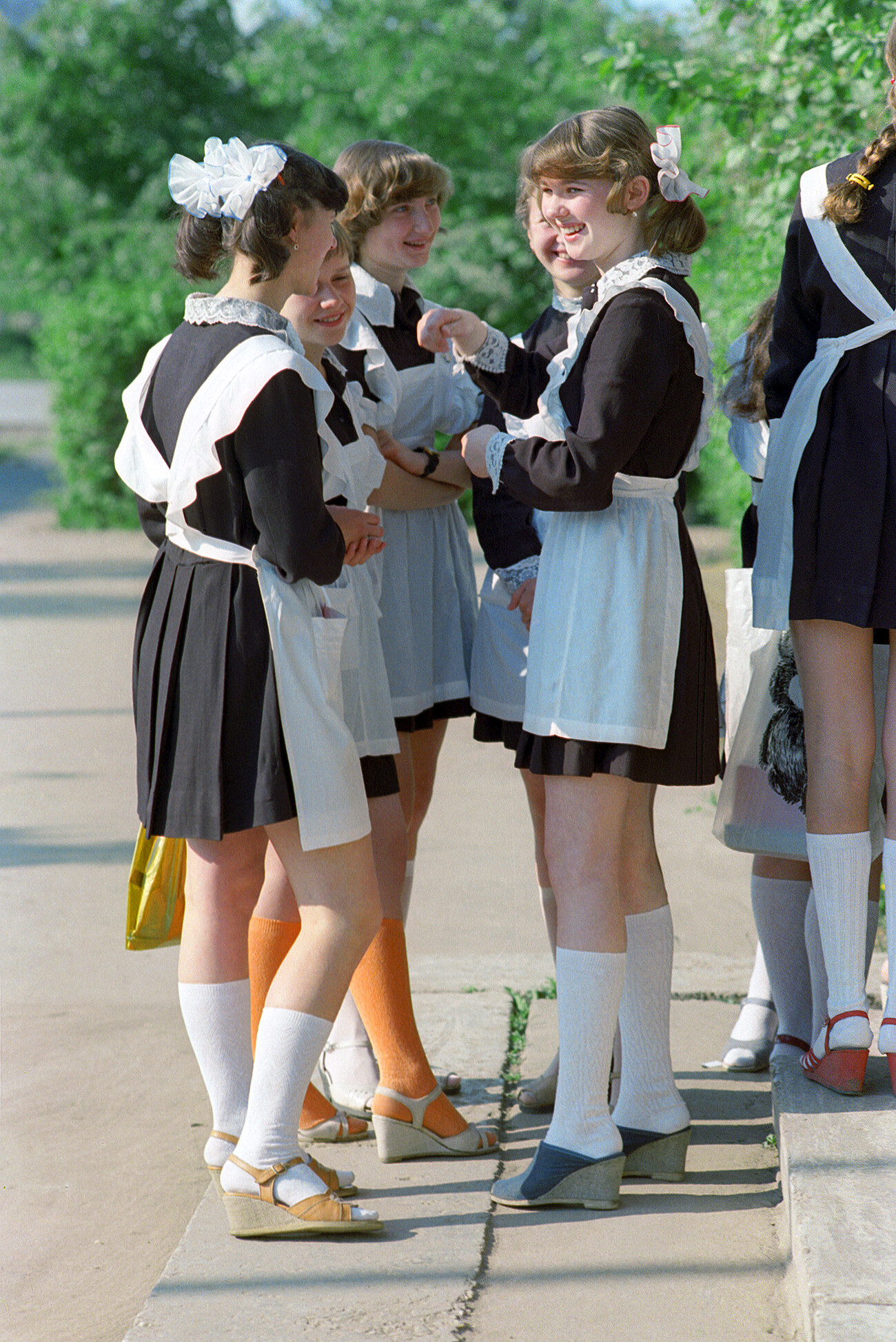
Moscow secondary school 857 on the day of the exam.
Boris Kavashkin/TASSJust imagine the intricate braids they used to weave - ‘Spikes’, ‘lambs’, ‘baskets’…
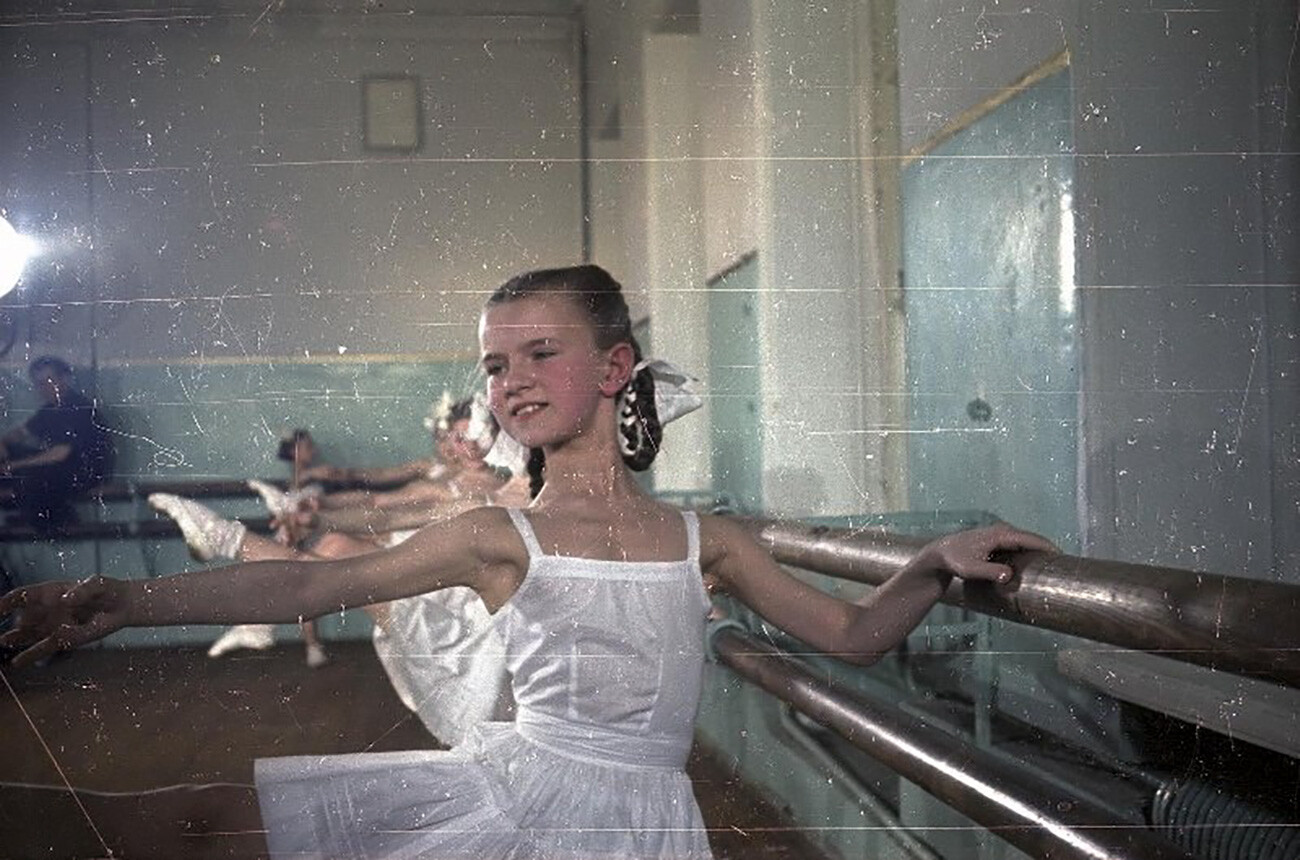
Bolshoi Ballet School.
Vladislav Mikosha/ MAMM/MDF/russiainphoto.ruUntil the end of the 1960s, bow ribbons were made out of satin and had to be constantly ironed.
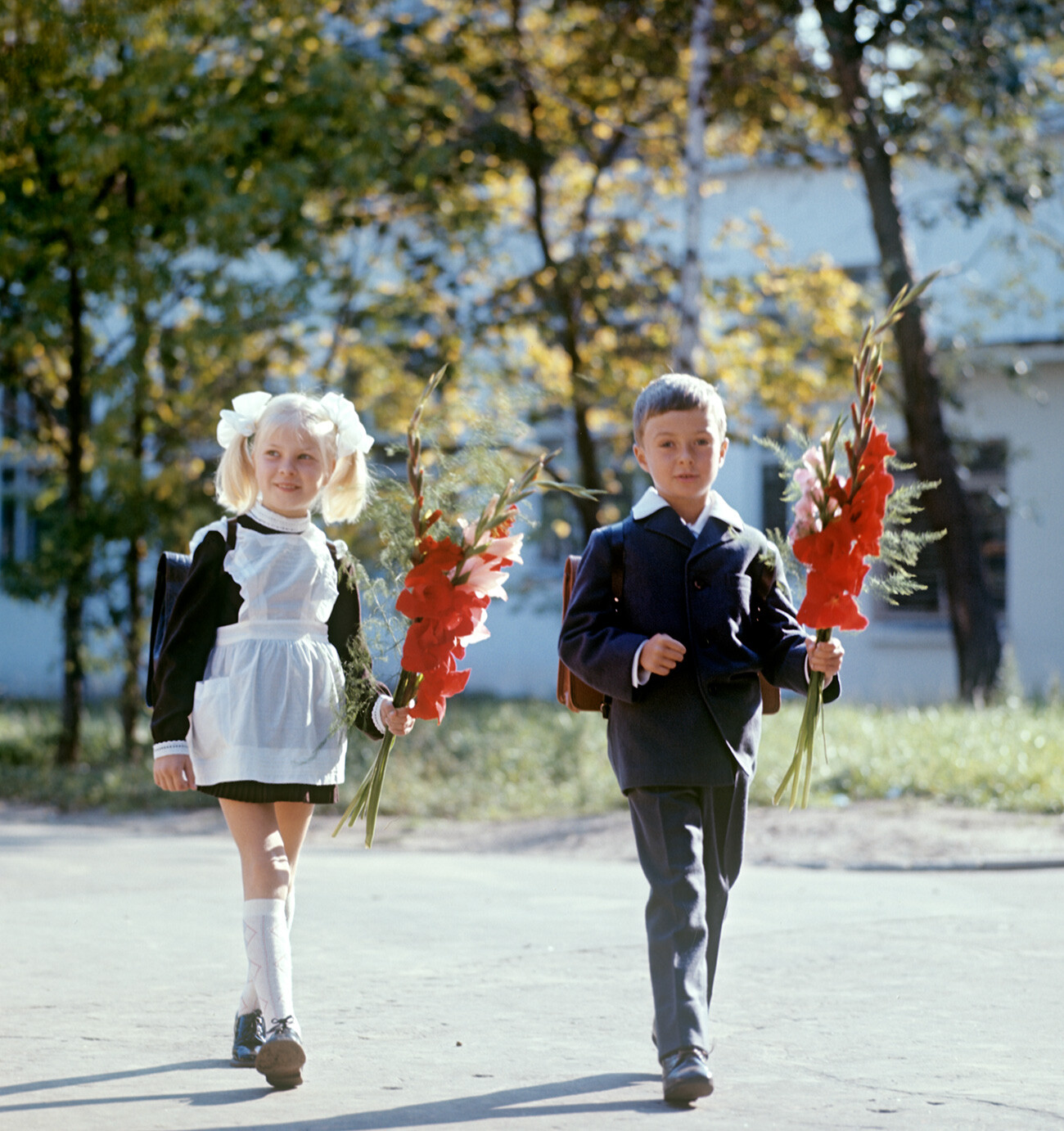
First graders on September 1st on Knowledge Day.
O. Ivanov/SputnikThen came nylon ribbons, which no longer required special care. They could also be used to make big fancy bows.
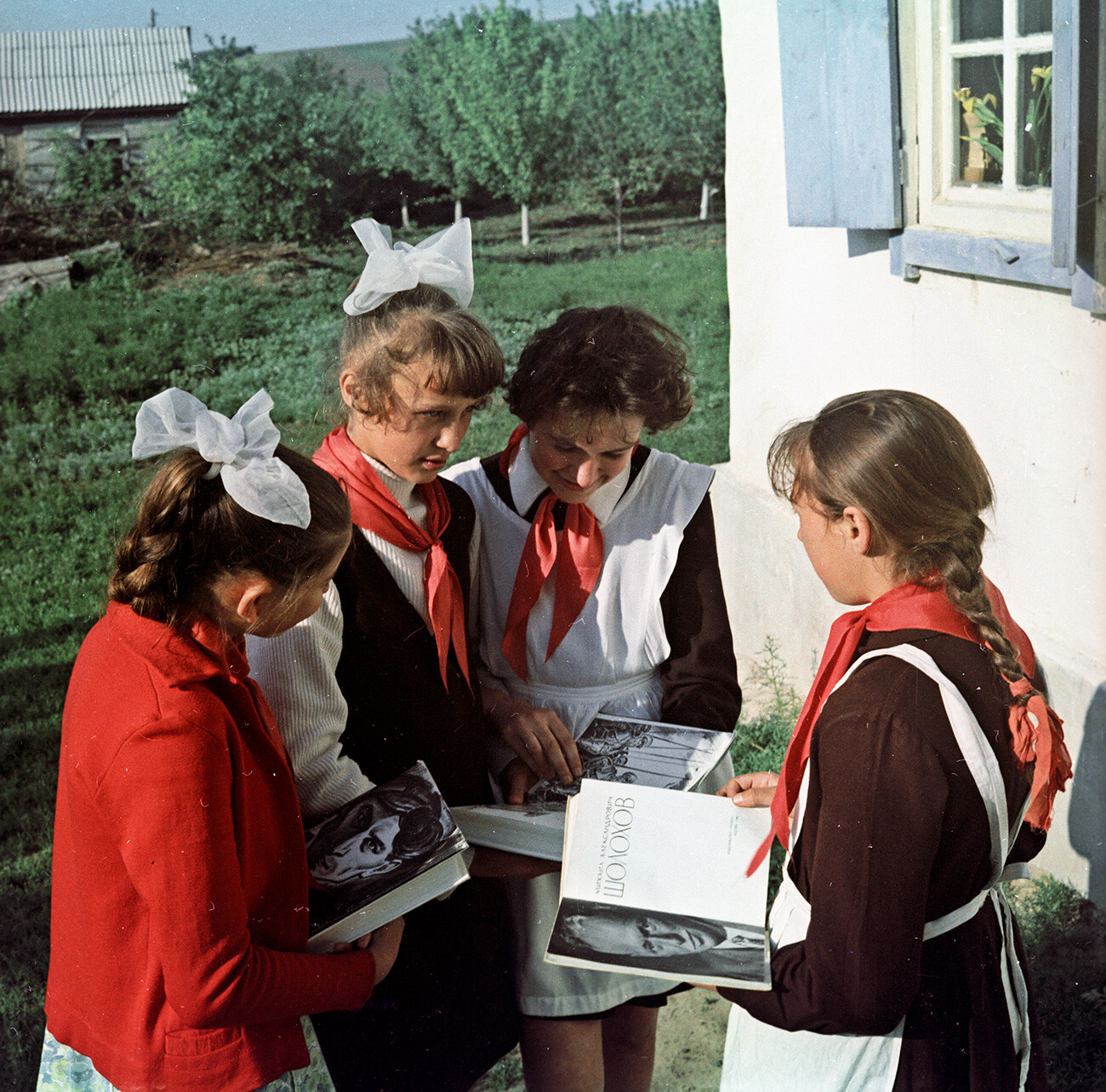
Pioneers with books in the village of Veshenskaya, Rostov Region.
Ivan Denisenko/SputnikGirls wore braids with bows during class, during physical education and on special occasions.
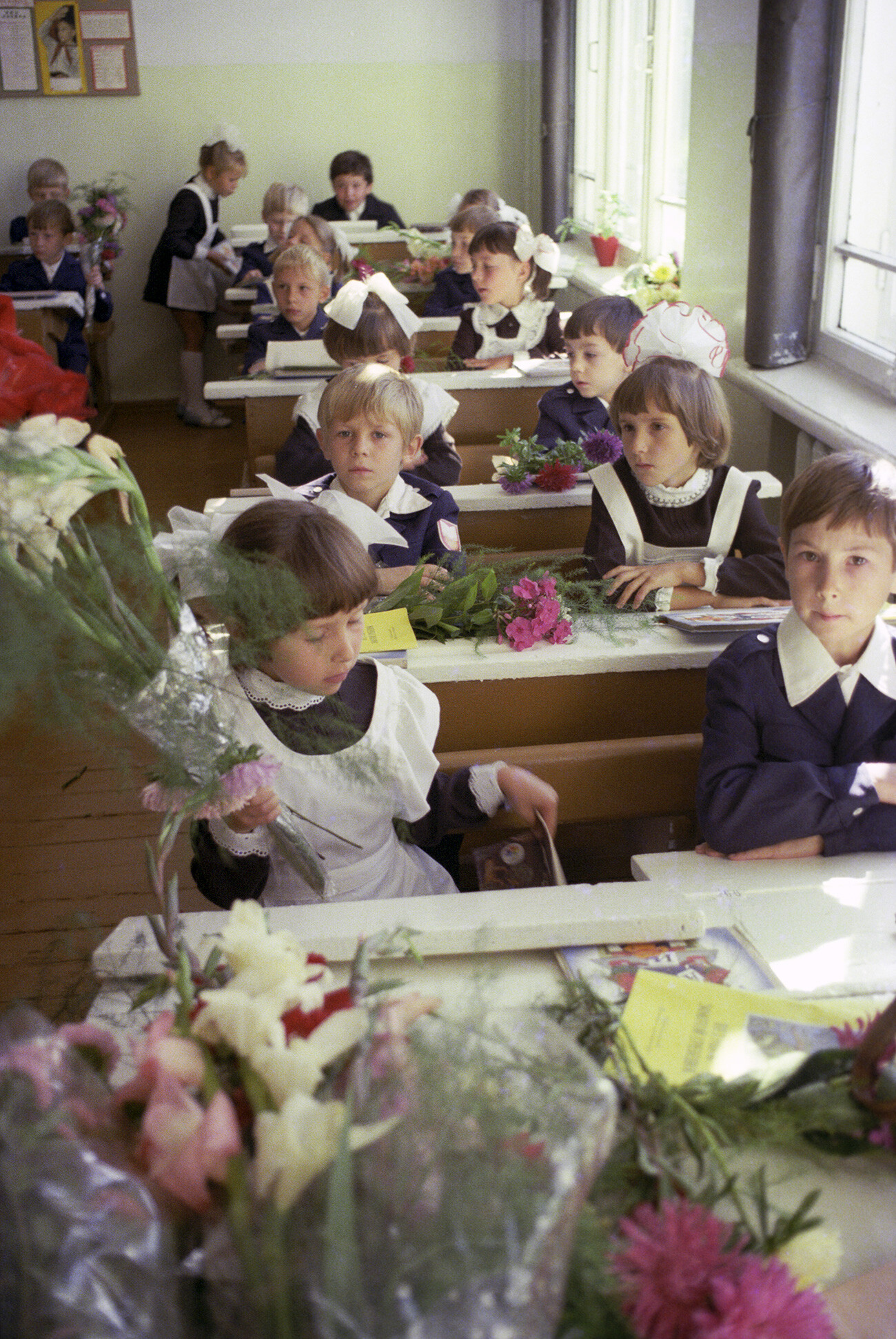
The first day of classes at a general secondary school in Yuzhno-Sakhalinsk (Sakhalin Island).
Valery Shustov/SputnikOn weekdays, they would use brown or black bows, with white ones reserved for the abovementioned official events.

Zina Andriyanova, a 1st grade student of Moscow secondary school .
Boris Kavashkin/SputnikDear readers,
Our website and social media accounts are under threat of being restricted or banned, due to the current circumstances. So, to keep up with our latest content, simply do the following:
If using any of Russia Beyond's content, partly or in full, always provide an active hyperlink to the original material.
Subscribe
to our newsletter!
Get the week's best stories straight to your inbox